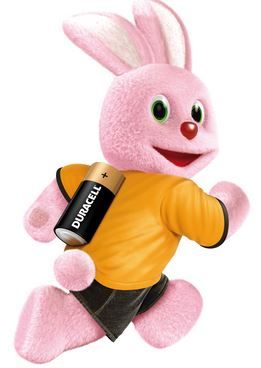Procter & Gamble is to spin off its Duracell battery business in order to bolster its share price and cut the number of outstanding shares, the company said on Friday. It aims to give the shares from the Duracell divestment to its shareholders near the end of 2015.
The Cincinnati-based multinational consumer goods giant added it is considering other options, including selling the company.
P&G acquired Duracell in 2005 when it bought Gillette for $57 billion. Since then, the company has switched strategies, pushing to focus on a smaller number of brands.
In August, P&G announced it would be dumping 90 less popular brands, which would leave it with 70 to 80 money-making ones. However, those brands are much smaller than Duracell, the world’s largest battery maker and seller.
The disposable battery market is shrinking, and will continue getting smaller over the long term, experts say. Technology is advancing, resulting in devices that use batteries consuming much less energy than they used to. Other devices, such as transistor radios and recording machines today use rechargeable batteries.
Although Duracell makes rechargeable batteries, its major income comes from disposable (throwaway) ones.
P&G says Duracell will thrive as its own company.
Chairman, President and CEO of P&G, A.G. Lafley, said:
“We greatly appreciate the contributions of our Duracell employees. Since we acquired the business in 2005 as part of Gillette, Duracell has strengthened its position as the global market leader in the battery category. It’s a business with attractive operating profit margins and a history of strong cash generation. I’m confident the business and its employees will continue to thrive as its own company.”
Difference between a sell-off and a spin-off
A sell-off is the sale of the company, e.g. another firm pays money to acquire it. After a sell-off, the part of the firm that has gone is no longer connected to the company that sold it.
In a spin-off an independent company is created via the sale or distribution of new shares. The parent company’s division becomes a separate company, with its own shares, but still forms part of the group.
Spin-offs are common when a company wants to split its less productive units from its more profitable ones. Also, spun-off businesses tend to be worth more afterwards. For the parent company there is less competition between divisions for extra funds when each business is a separate company.


